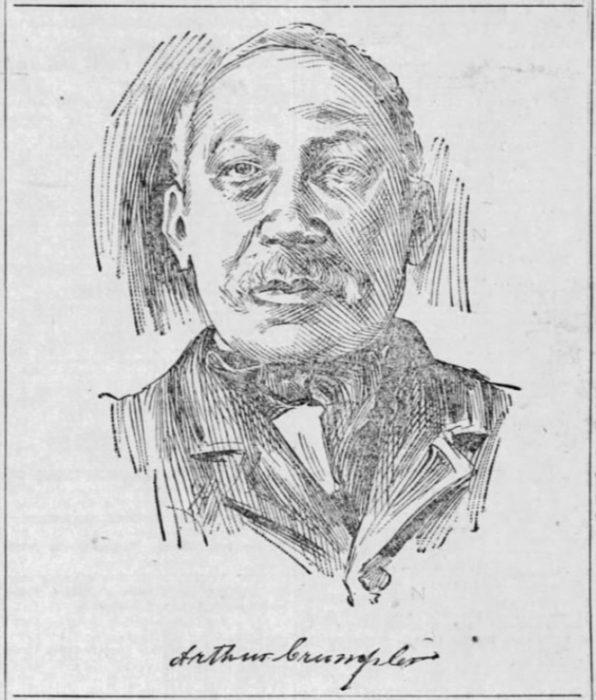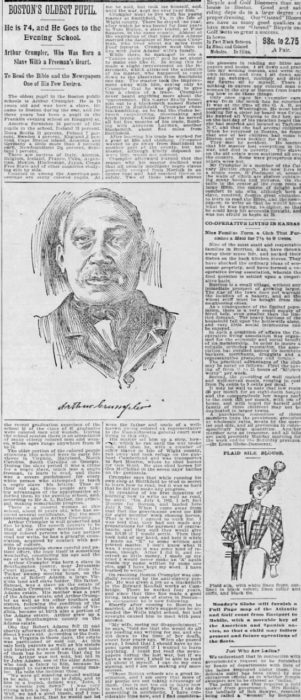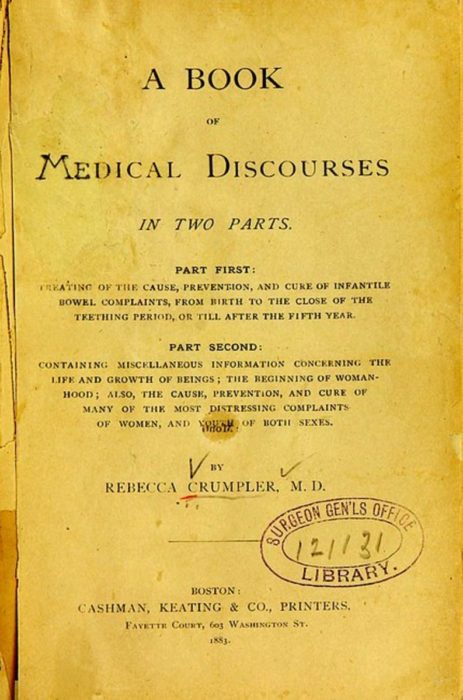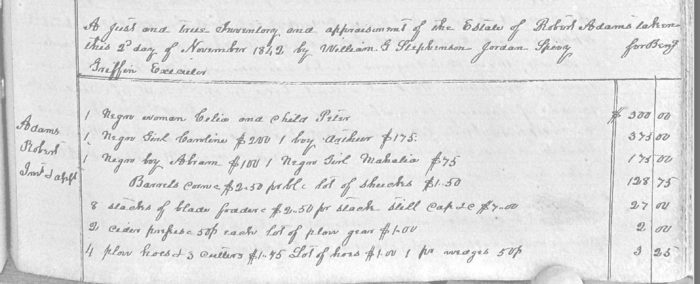In the research I’ve been doing of my family roots, I continue to make astounding discoveries, sometimes sobering. Many of my Virginia ancestors were slaveholders, that is clear. On my father’s side of the family, one of my third great grandfathers is Arthur Crumpler. Googling his name I found another Arthur Crumpler, whose father was enslaved on a plantation owned by Benjamin Crumpler in Southampton County, Virginia, probably my 4th great grandfather. It is quite likely that he took his name from my ancestor, Arthur Crumpler.
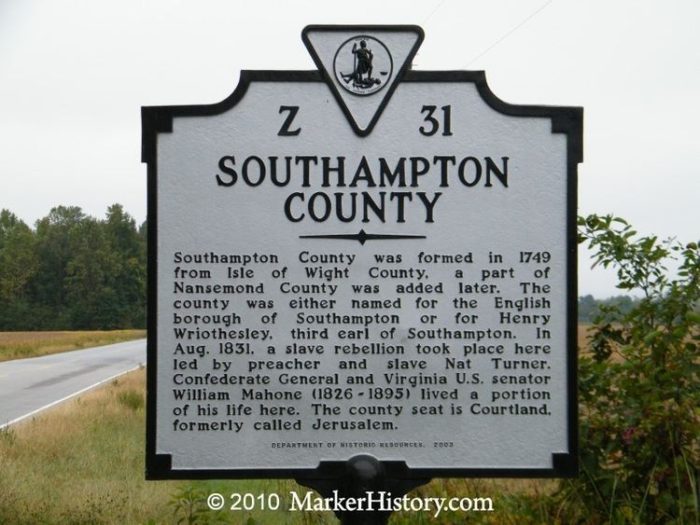
The enslaved Arthur did not slip into the oblivion of history that befell many African Americans who were moved from one plantation to another, who were separated from families, who had no last names other than their masters, and who were buried in unmarked graves, many of which have been plowed under. Arthur’s life story was preserved because he escaped slavery, traveled to Boston, and married Rebecca Lee, who was the first Black female physician in the United States.
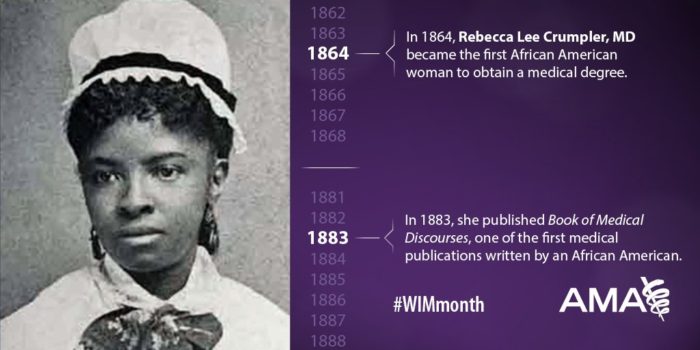
We know this history primarily because the Boston Globe published an article in 1878 entitled “Boston’s Oldest Pupil,” a profile of Arthur Crumpler who was enrolled in an evening reading class. The article is obviously based on an interview with Arthur with many direct quotes and specific details.
The Boston Globe:
Arthur Crumpler was born a slave in Southampton County, near Jerusalem Court House, Va., two miles from the Tucker Swamp meeting house, on the estate of Robert Adams, a large Virginia land and slave holder. His father, Samuel, was a slave on the estate of Benjamin Crumpler, which adjoined the Adams estate. His mother was a part of the Adams estate, and Arthur Crumpler as well as his other brothers and sisters, following the condition of the mother, according to slave code of Virginia, became at birth also a portion of the Adams estate. Arthur grew up a boy in Southampton County on the Adams estate.
Robert Adams died when Arthur was 9 years old, and the estate was divided among the Adams children, but Arthur was not eager to be sold off and sent to another plantation. So, he challenged the eldest Adams son, with whom he had a good relationship, to a wrestling match.
We were all standing around waiting to be sold. I went up to John, and to him in a boyish, defiant way, “John, I can wrestle you down!” I was very strong when a boy. He said I couldn’t. Well, we had good tussle, and I tussled him so hard, that he would not let me be sold, but took me himself, and until the war, kept me ever near him.
Arthur moved with John Adams to Smithfield in Isle of Wight County, acquired blacksmithing skills, and when the Civil War broke out, escaped to Fort Monroe across Hampton Roads, which remained in the hands of the Union army throughout the war. He eventually made his way to Boston where he met Rebecca Davis Lee, who in the same year, 1864, became the first Black female physician in the United States. At the end of the war, she and Arthur moved to Richmond, Virginia where she worked for the Freedman’s Bureau, the federal agency tasked with helping newly emancipated Blacks make the transition from bondage to freedom. She wrote that she treated “a very large number of the indigent, and others of different classes, in a population of over 30,000 colored.” In 1869 the Crumplers returned to Boston where Rebecca Lee wrote a medical book that may well be the first medical text by an African-American author. She dedicated the book “to mothers, nurses, and all who may desire to mitigate the afflictions of the human race.”
The Globe article concludes with an account of Arthur Crumpler’s attempt to find his sister in North Carolina. He was unsuccessful, but upon his return to Boston, he discovered that one of her children had come looking for him. “They met by accident. He learned that his master had lost everything in the war, and died in poverty. The slaves on the old estate were scattered all over the country. Some prosperous and others were not.”
I have tried to confirm that the Benjamin Crumpler who owned a plantation adjacent to Robert Adams was, in fact, my 4th great grandfather – the records are compelling, though not conclusive. However, I did find an inventory of the Adams estate dated at the right time and witnessed by “Benjamin Crumpler.” Among the material items listed, there are a number of “negroes.” One of the names is a “boy Arthur $175.”
I think I have found 9-year-old Arthur Crumpler.
